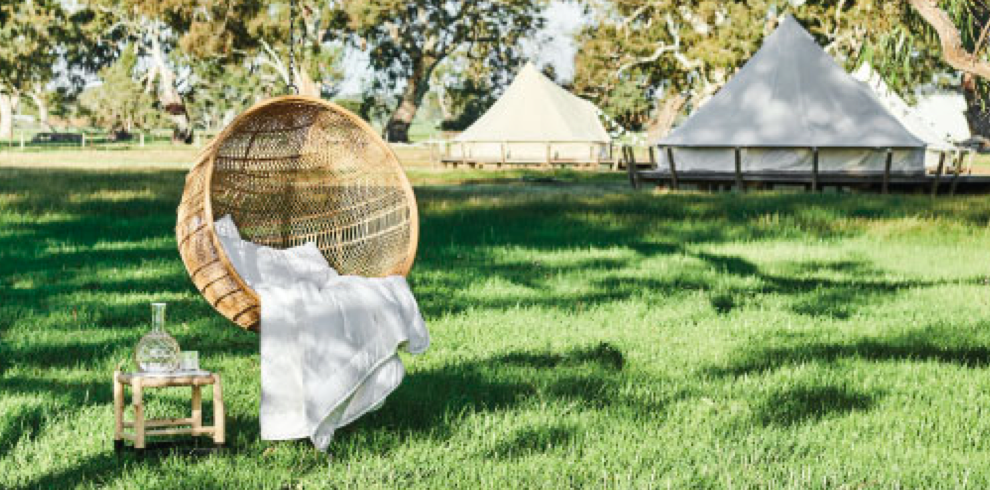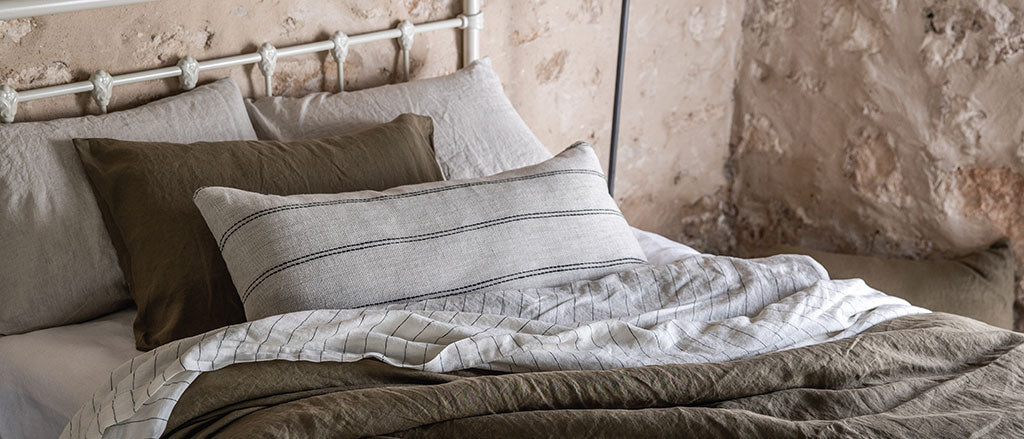Aging affects us all, and sleep is one area in our lives that changes as we age. Obvious changes older people may notice include taking longer to fall asleep, waking more frequently and experiencing shorter periods of deep restorative sleep. Older people still need 7 – 9 hours of sleep each day, but those hours may change to include both nighttime sleep and a daytime nap.
What causes these changes?
In many instances, the short answer is hormones. As we age, we experience changes to our body clock that see it release sleep inducing hormones earlier in the day, causing us to both fall asleep and wake earlier. We also produce less melatonin (the sleep promoting hormone) which can make it more difficult to fall asleep.
From simpler problems like indigestion and arthritis, to more complex issues like insomnia and sleep apnoea, an increase age related health issues and medical conditions may make it difficult for the older generations to achieve high quality sleep. Other contributing factors may include menopause, pain, more frequent bathroom visits and an increase in daytime napping. Sleep difficulties may even stem from boredom due to insufficient exercise or a lack of interesting daytime activities.
How can I sleep better?
There are several very simple ways to improve your sleep at any age. One of the best is to create a personalised sleep routine which can help to train your brain to recognise sleep cues. Some other ideas to help you to sleep better include
- Consistently go to bed and wake at the same time each day.
- Use an alarm clock to ensure you wake up on time even if you have had a bad night.
- Keep your bed a sacred space for sleep and intimacy.
- Work out how much sleep you need each night (7 – 9 hours) and only stay in bed that long. Many poor sleepers spend too long in bed.
- When you wake, get up and support your body clock by seeking exposure to sun or bright light during the day.
- Exercise daily to help you feel tired at night.
- If you need to nap, keep it to 15 -20 minutes early in the afternoon.
The Australian Sleep Health Foundation is a valuable resource for all sleep related matters and MiniJumbuk recommend speaking with your health professional if you are concerned.



